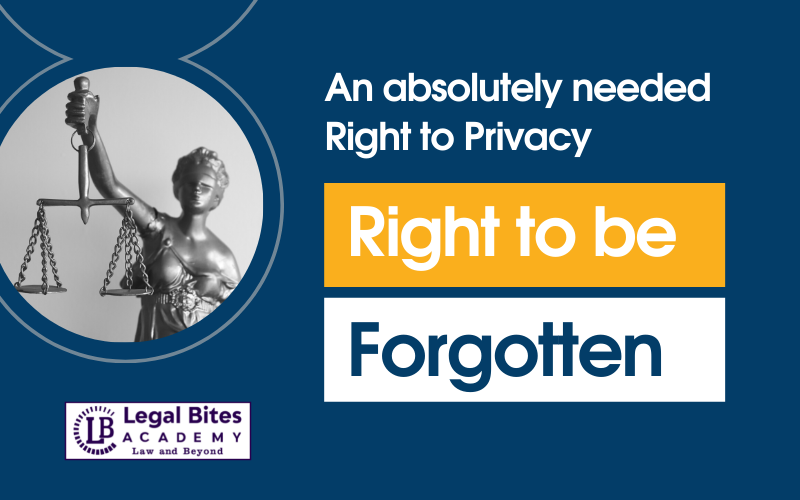
Navigating Right to Be Forgotten: Privacy Laws in the Digital Age
In our increasingly digital world, the right to be forgotten has emerged as a crucial aspect of privacy laws. This legal concept allows individuals to request the removal of their personal information from online platforms. In this article, we explore the implications of right to be forgotten laws and their significance in safeguarding privacy in the digital age.
Understanding the Right to Be Forgotten
The right to be forgotten, rooted in the European Union’s General Data Protection Regulation (GDPR), empowers individuals to request the deletion of their personal data from online platforms. This includes search engines, social media, and other websites that process and display personal information. The objective is to give individuals control over their digital footprint.
AstroidIT: Exploring Right to Be Forgotten Laws
Stay informed about the latest insights and resources on right to be forgotten laws by visiting AstroidIT. AstroidIT offers comprehensive information to help individuals understand and navigate their rights under the right to be forgotten laws.
Balancing Privacy and Freedom of Expression
One of the key challenges in implementing right to be forgotten laws lies in striking a balance between privacy rights and freedom of expression. While individuals have the right to control their personal information, there are concerns about potential censorship and the impact on public access to information.
Scope and Application of Right to Be Forgotten
The right to be forgotten is not absolute and applies in specific circumstances. Individuals can request the removal of their data if it is no longer necessary, if consent is withdrawn, or if the data processing is deemed unlawful. However, certain exceptions exist, such as when information is in the public interest or related to freedom of expression.
Global Adoption and Varied Implementation
While the right to be forgotten originated in the EU, its influence has transcended borders. Various countries and regions are exploring or adopting similar privacy laws. However, the implementation and interpretation of these laws can vary, leading to a complex legal landscape for individuals and businesses operating globally.
Challenges in Enforcing Right to Be Forgotten
Enforcing the right to be forgotten presents challenges, especially when dealing with multinational companies and global online platforms. Coordinating efforts to ensure compliance across jurisdictions requires international cooperation and standardized frameworks.
Transparency and Accountability of Platforms
To comply with right to be forgotten laws, online platforms must be transparent about their data processing practices. This includes informing users about how their data is collected, processed, and shared. Additionally, platforms must be accountable for promptly responding to and executing valid right to be forgotten requests.
Impact on Search Engines and Deindexing
Search engines play a pivotal role in the implementation of the right to be forgotten. When a request is approved, search engines must deindex the specified links, making them inaccessible through search queries. However, this process raises questions about the responsibility and power of search engines in shaping digital narratives.
Educating Users About Their Rights
Empowering individuals to exercise their right to be forgotten requires education and awareness. Many users may not be fully aware of their privacy rights or how to navigate the process of requesting data removal. Educational campaigns and transparent communication from online platforms are essential in this regard.
The Evolving Landscape of Digital Privacy
As technology continues to advance, the landscape of digital privacy will evolve. The right to be forgotten laws represent a significant step in adapting legal frameworks to the digital age. Continued discussions, revisions, and global cooperation will be essential to address emerging challenges and ensure robust privacy protection.
In conclusion, the right to be forgotten is a critical component of digital privacy laws, providing individuals with a mechanism to control their online presence. Navigating this legal landscape requires a nuanced understanding of the laws’ scope, varied implementation, and the ongoing dialogue surrounding the balance between privacy and freedom of expression. Visit AstroidIT for valuable resources on right to be forgotten laws and digital privacy.

